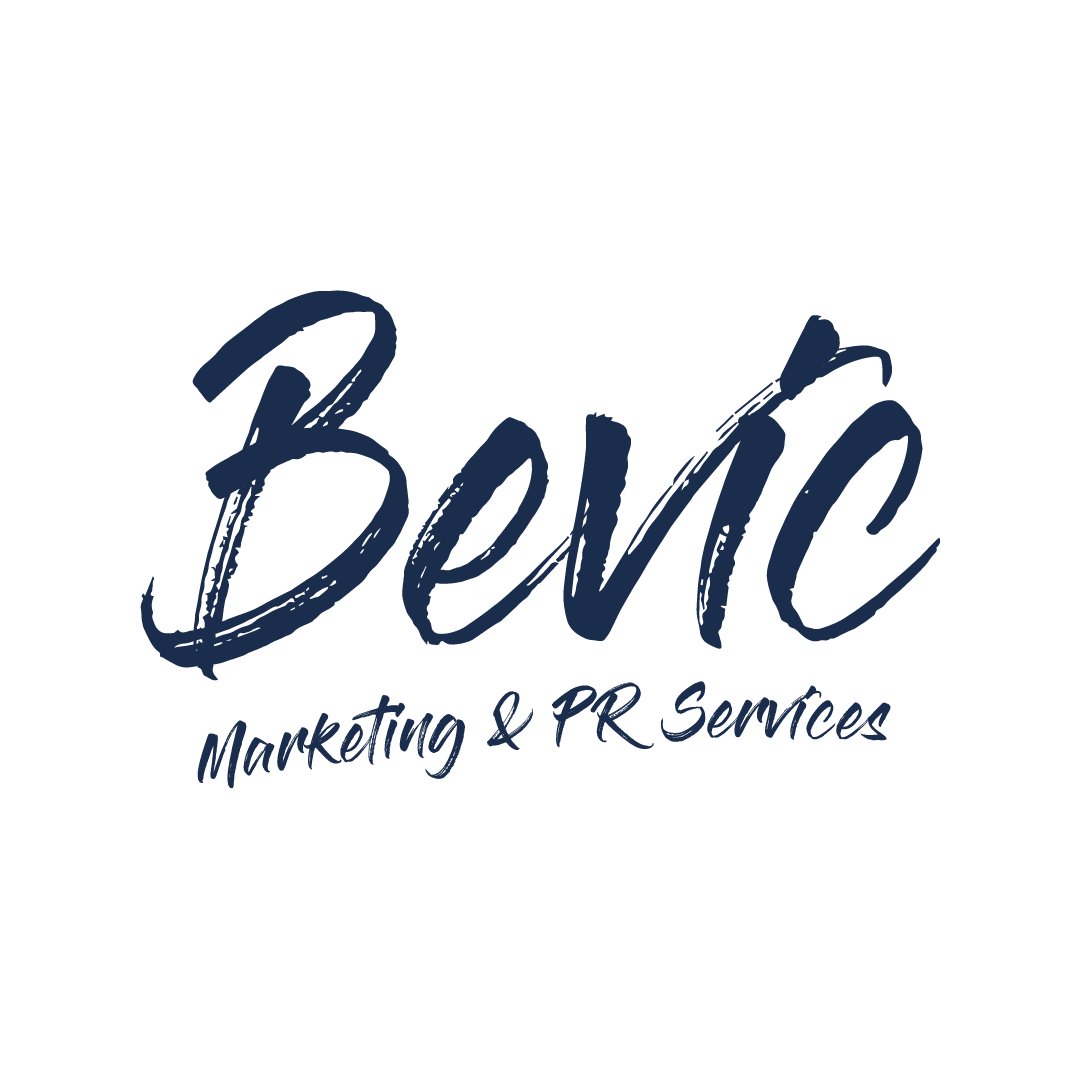Website Dos and Don’ts
Most organisations will have a website. Whether it’s an all-singing-all-dancing e-commerce site or a simple brochure style, an online presence is for many an essential marketing tool. Regardless of your industry, how long you’ve been in business or experience, a website helps people find you on the internet, can support converting prospects and facilitate sales. It conveys the brand image you want to portray – your values and approach: It’s the shop window for your business.
Despite the significant role a website can play in the sales funnel, it can sometimes fall foul of neglect or clear purpose.
What can start as a task some business owners undertake themselves with the likes of Squarespace and GoDaddy providing website templates, or an initial investment with a specialist agency, can lead to the equivalent of having a forgotten book gathering dust on a shelf.
This then means the website becomes a hindrance rather than an asset to the business.
We spoke to Stephen Cree, founder of Cree Digital, a digital agency, specialising in website design and SEO to find out what key mistakes to avoid and how to maximise the impact of your business website.
What are the main misconceptions about website design/build?
There are loads! Some of the common ones I come up against are:
1) "Design is the most important thing": While design is an essential aspect of a website, it's not the only thing that matters. A good design must be backed up by a solid development process that includes user experience, functionality, and accessibility.
2) “A website can be built quickly and easily": Custom-designed websites take time and effort. Pre-made templates may offer quick and easy solutions, but they can be limiting, lacking the necessary customisation and flexibility more ambitious organisations require
3) "SEO can be added later": Search engine optimisation (SEO) is a crucial aspect of website design and development. Neglecting it will result in poor search rankings and visibility. It's better to plan for SEO from the beginning and incorporate it into the design process.
4) "Mobile optimisation is optional": With the increasing use of mobile devices, mobile optimisation is essential. Websites that are not optimised for mobile can result in a poor user experience and lower search rankings.
5) "Once the website is launched, the work is done": A website is a continuous work in progress. It requires promotion, ongoing maintenance, updates, and improvements to stay relevant and effective.
What are the key mistakes you see with websites?
Good question! One of the most common issues I come across is poor navigation. When content is hard to reach through poor signposting, illogical site architecture or orphaned pages, users get frustrated and this impacts how long visitors stay on your site and conversion rates.
Another critical issue that drives me bonkers is slow-loading websites. No one has the patience to wait for a website to load these days. If your website takes a while to load, it will affect your rankings in a bad way and your bounce rates will be embarrassingly high.
Neglecting search optimisation is another Hari-kari move. It's not enough to have a great-looking website - your customers need to be able to find it!
Don’t forget mobile optimisation. If your website isn't optimised for mobile devices, you're damaging your business. According to Statista, over 60% of searches are carried out on mobile devices.
Last but not least, there’s content. So many websites have dull, uninteresting content that doesn't provide value or encourage users to stay on the site. Your content is what sets you apart from your competition, so make sure it's engaging, informative, and relevant to your target audience.
What would you say are the first steps people should take when building a website for their business?
First things first - you need to define your website's purpose. What do you want your website to achieve? Do you want it to be an e-commerce site, a place for users to learn about your business, or a platform to showcase your products and services? Once you have a clear idea of your website's purpose, you can start planning the design and functionality.
Next, you need to consider who your target audience is. Who are you building this website for? What do they want to see and experience on your website? Knowing
your audience will help you create content and design elements that will relate to them and keep them engaged.
The next stage is to scope out your website's structure and content. You'll need to determine how many pages your website will have and what content will go on each page. Remember, your website's content should be engaging, informative, and relevant to your target audience.
Once you have your website's purpose, target audience, structure, and content planned out, it's time to start designing and building. Find a designer/developer who will include you in the design and build process. The best outcomes result from collaborations.
How often should you update your website?
In terms of fresh content: Well, that depends on your website and your goals. Some websites may only need to add new content once a month, while others may need to update their content daily. The key is to strike a balance between providing fresh content and overwhelming your users with too much information.
Adding new content isn't just about keeping your users interested, it's also a key ingredient in search optimisation. Search engines love fresh, relevant content, and they'll reward you with higher rankings if you're consistently updating your website.
In terms of CMS core, plugins and themes: It's absolutely crucial to update your website's core, plugins and themes on a regular basis. We check and update our customers' websites on a weekly basis.
Hackers are always looking for vulnerabilities in websites and outdated plugins and themes are a prime target. By staying up to date with your updates, you're closing those vulnerabilities and making it harder for those cyber criminals to do any damage.
But it's not just about security - updating your plugins and themes also improves your website's performance. Updates often contain bug fixes and performance enhancements that can make your website faster and more efficient.
Updates will ensure that your plugins and themes work smoothly with the latest version of WordPress or other content management systems, making your life easier and your website more stable.
Anything else you think is important to consider with websites?
Only the most important thing of all…
Be thorough in your research when deciding which designer or developer to entrust your website with. I hear so many stories of bad experiences with web specialists.
Have a meeting either face to face or on Zoom and get a feel for whether you’re comfortable working with this person.
Check online reviews and ask for references from previous clients.
Ask for examples of project successes in terms of both design and performance. Ask for details of how their work has helped to grow their clients’ businesses. Follow that up by contacting the owners of those businesses and asking what their experience was like in working with the designer.
If you have any doubts about the designer - any whatsoever - prospect another, and another until you find someone who you’re happy with.
Next steps
Thanks, Stephen!
There are lots of things to consider and think about when it comes to your website and ensuring it continues to play an important role in your marketing toolkit. From the initial build and design to maintenance, ongoing SEO and purpose it does require a strategic approach, focus and time to ensure it maximises the return for your business.
If you’d like to discuss your website with Stephen, get in touch at www.creedigital.co.uk

